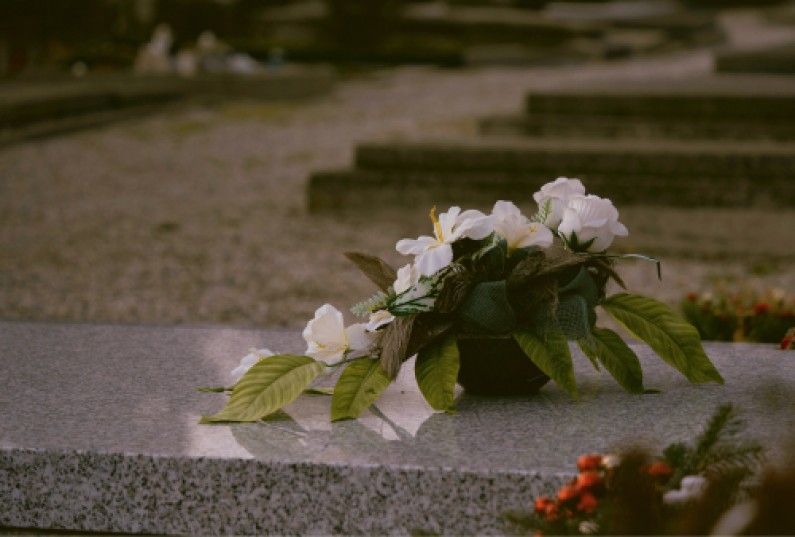Five Things You Need to Know About Wrongful Death Claims

Have you lost a loved one due to negligent medical care or a motor vehicle accident? In this post, we explain five important things you need to know about wrongful death claims in Alberta.
1. Not all family members are entitled to benefit from a wrongful death lawsuit
In Alberta, the Fatal Accidents Act (“the FAA”) dictates which family members are eligible to benefit from a wrongful death lawsuit. According to Section 3 of the FAA, only the spouse, adult interdependent partner, parent, child, brother or sister of the person who died are eligible.
If the deceased person named an executor in a will, the executor is often the person who starts a wrongful death lawsuit on behalf of the family. If the executor or administrator of a deceased’s estate, fails or refuses to bring a claim within one year of the wrongful death, then any eligible family member can bring the claim on behalf of the others.
2. All claims for the wrongful death must be brought in one lawsuit
The Fatal Accidents Act only permits one lawsuit per wrongful death. Even if the eligible beneficiaries do not get along, or are not speaking to each other, everyone’s claims must be included in the same fatality lawsuit. Having a lawyer involved definitely helps with these challenging situations.
3. The law takes the guesswork out of putting a value on bereavement
It is impossible to put a dollar value on the grief, sadness, and even anger people feel when a loved one dies due to someone else’s negligence.
Rather than forcing bereaved family members to prove the worth of their emotional losses, the government has prescribed values for bereavement in Section 8 of the Fatal Accidents Act.
Each living child (meaning son or daughter, not step-children or grand-children) can claim $49,000.00.
Surviving parents can claim $82,000.00. If both parents are alive, that money is to be divided equally. If only one parent is alive, they are entitled to claim the entire $82,000.00 in a wrongful death lawsuit.
4. Certain family members can also claim for lost dependency
In the event a deceased person leaves behind dependent family members, those individuals can also claim for their lost dependency on income and household services.
Our lawyers will recruit experts such as economists and occupational therapists to help determine the value of those losses. This can involve reviewing the deceased’s financial records and assessing the market value of replacing lost services including meal preparation, child care, and home maintenance.
5. Talk to a wrongful death lawyer
At Weir Bowen LLP, our lawyers deal with a full range of wrongful death claims, from fatal motor vehicle accidents to medical malpractice lawsuits.
While it is impossible to determine who the “best” wrongful death lawyer is near you, many of Weir Bowen’s lawyers have been recognized by our peers in the publication Best Lawyers in Canada, which reflects the opinions of leading lawyers within this practice area.
Should you have any questions or concerns regarding a wrongful death claim, feel free to contact us for a free, no obligation, consultation.
By Cynthia Carels
